Media post: Best Cars for Students: Affordable, Reliable and Fun Cars
Best Selling Cars Blog
MARCH 17, 2025
Let’s first look at the most crucial things students need to consider while purchasing a car: Affordability: The cost of the car, as well as initial buyout price, insurance, gas mileage, and maintenance fees, should be within a student’s budget. What is a Car That Is Ideal for Students?


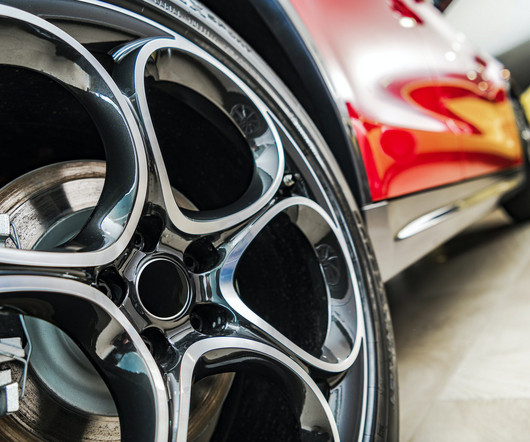
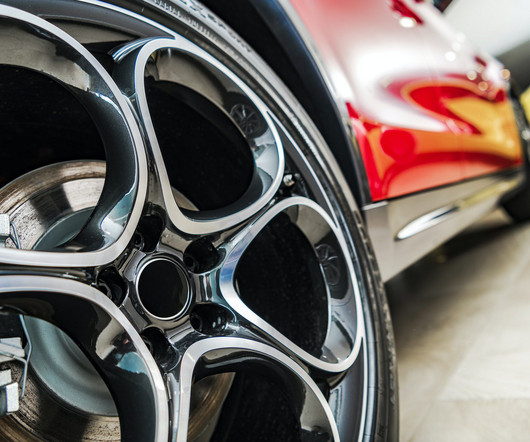
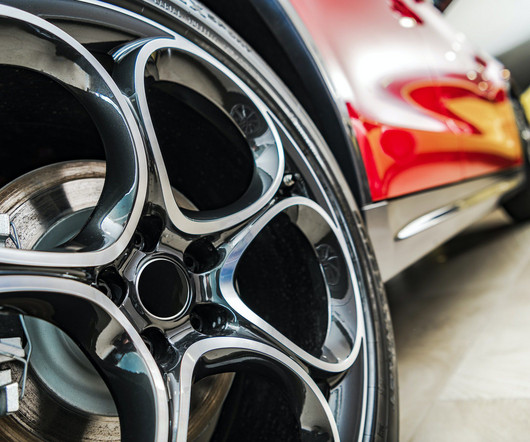
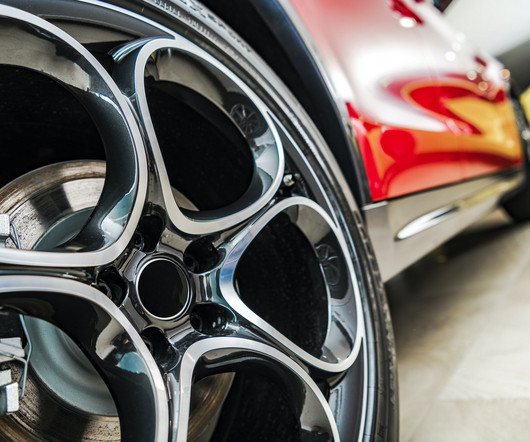
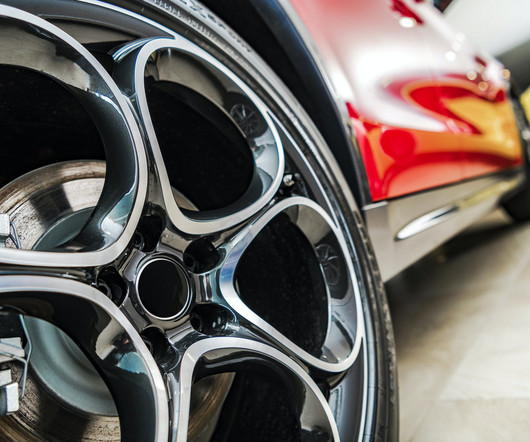
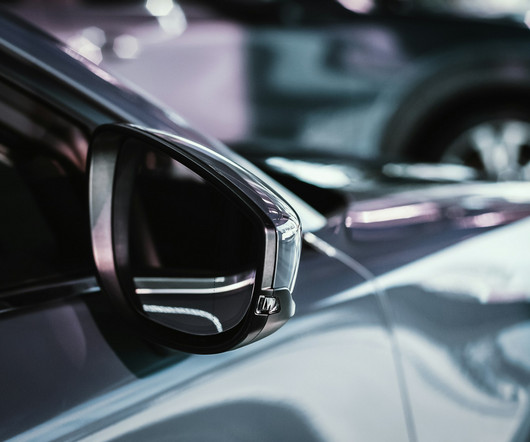
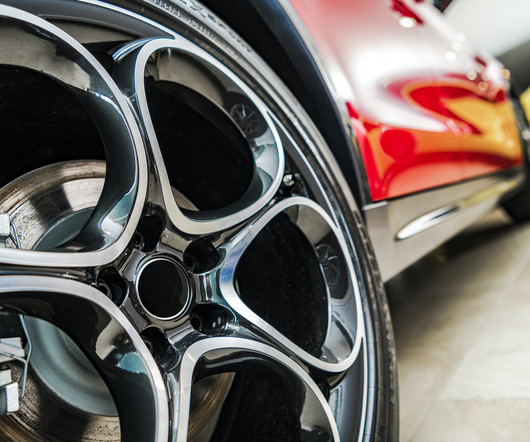






Let's personalize your content